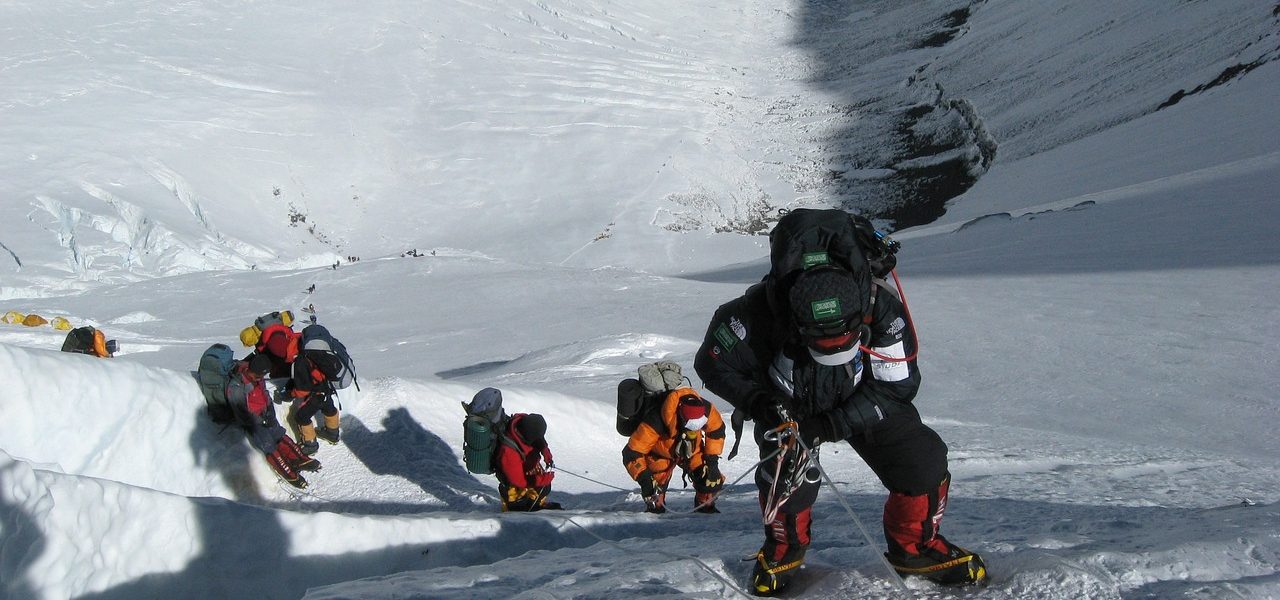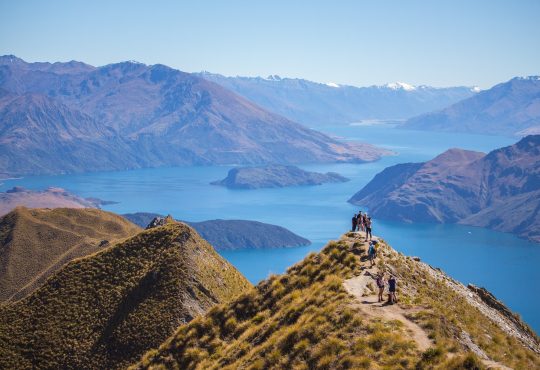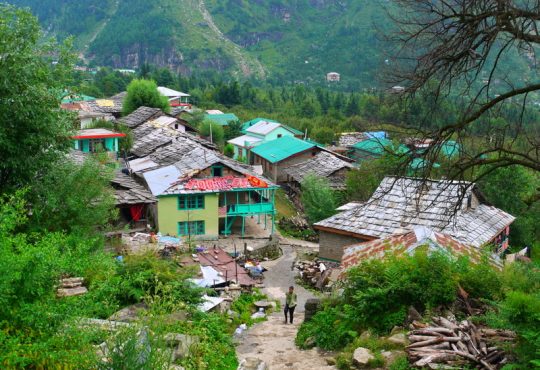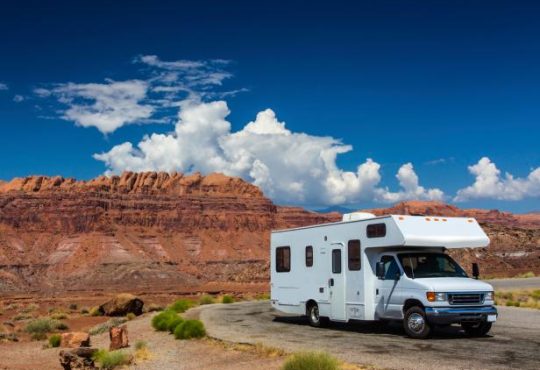
Climbing Mount Everest: 10 Essential Things to Know
Mount Everest, the highest peak in the world, has always captivated the human spirit, drawing adventurers and mountaineers from around the globe. Conquering Everest is an awe-inspiring achievement, but it’s essential to recognize that it is not a task to be taken lightly. Climbing this majestic giant demands careful preparation, physical fitness, and a deep understanding of the challenges that lie ahead. In this blog, we’ll explore some critical things to know before embarking on the journey of a lifetime to the top of the world.
1) Physical Fitness and Training
Climbing Mount Everest is a strenuous and physically demanding undertaking. Aspiring climbers must be in exceptional physical condition. Engaging in a comprehensive training regimen that includes cardiovascular exercises, strength training, and endurance workouts is crucial. Additionally, simulated climbing experiences on lower-altitude mountains can help prepare climbers for the challenges they’ll face on Everest.
2) The Importance of Acclimatization
The thin air and reduced oxygen levels at high altitudes pose a significant risk to climbers. Acclimatization is a process that helps the body adapt to the decreasing oxygen levels gradually. Climbers need to spend considerable time acclimatizing at various camps during their ascent to reduce the risk of altitude sickness and other potentially life-threatening conditions.
3) Expert Guidance and Climbing Permits
Climbing Everest is not a solitary pursuit. It is essential to join an experienced and reputable expedition team with skilled guides who are well-versed in the challenges of the mountain. Obtaining climbing permits is also mandatory, and climbers should ensure that all necessary paperwork and legal requirements are met before commencing their journey.
4) Weather Conditions
Weather conditions on Mount Everest can be extremely unpredictable and harsh. Sudden storms and high winds are common and can jeopardize even the most well-planned expedition. Climbers must be prepared to adjust their schedules and plans based on the ever-changing weather patterns.

5) Mental Preparedness
The mental aspect of climbing Everest is as crucial as physical preparedness. Climbers must possess mental resilience, a strong determination to succeed, and the ability to cope with stressful situations. The journey will test your limits, and staying focused and positive throughout the ascent is vital.
6) Technical Skills
Mount Everest presents various challenging terrains and obstacles that demand technical climbing skills. Understanding the use of climbing equipment like ropes, ice axes, crampons, and harnesses is essential. Climbers should also be proficient in self-arrest techniques and crevasse rescue procedures.
7) Environmental Responsibility
With the growing popularity of Everest climbs, the mountain’s delicate ecosystem faces threats from litter, waste, and environmental damage. Climbers must adhere to strict Leave No Trace principles and be responsible stewards of the mountain’s environment.
8) Proper Gear and Equipment
Investing in high-quality gear and equipment is essential for a successful expedition. From clothing designed for extreme cold to specialized climbing gear, every piece of equipment plays a crucial role in ensuring the safety and comfort of the climbers.

9) Physical Challenges on the Mountain
Climbers should be prepared for various physical challenges they will encounter, such as crossing treacherous crevasses, climbing the Khumbu Icefall, and navigating the challenging Hillary Step. Each obstacle presents unique risks and demands careful attention and expertise to overcome.
10) The Value of Teamwork
Mountaineering is a team sport, and teamwork is vital on Everest. Climbers must be willing to cooperate and support one another and follow their expedition leaders’ guidance. Trust and camaraderie within the team can make all the difference in reaching the summit safely.
Climbing Mount Everest is an extraordinary adventure that demands exceptional dedication, preparation, and determination. It’s not merely a physical feat but a test of mental strength and resilience. By understanding and acknowledging the challenges that await, aspiring climbers can better prepare themselves for the awe-inspiring journey to the top of the world, Mount Everest. Remember, safety should always be the top priority, and reaching the summit is only part of the broader experience that includes the spirit of exploration, adventure, and a love for the mountains.



